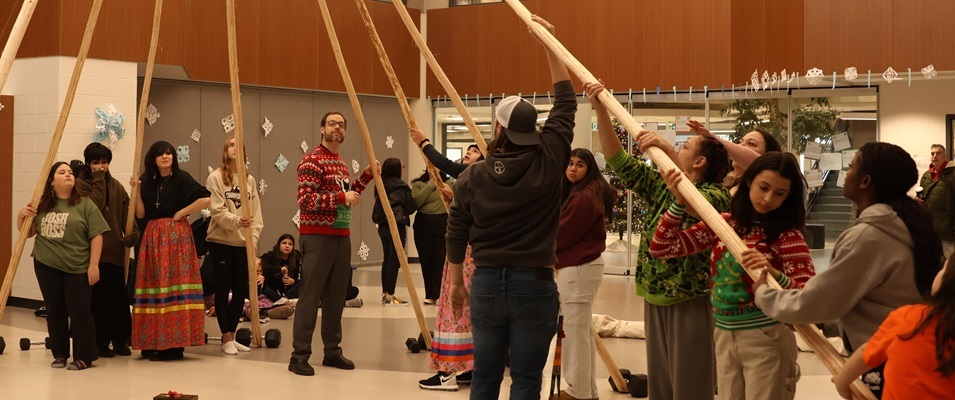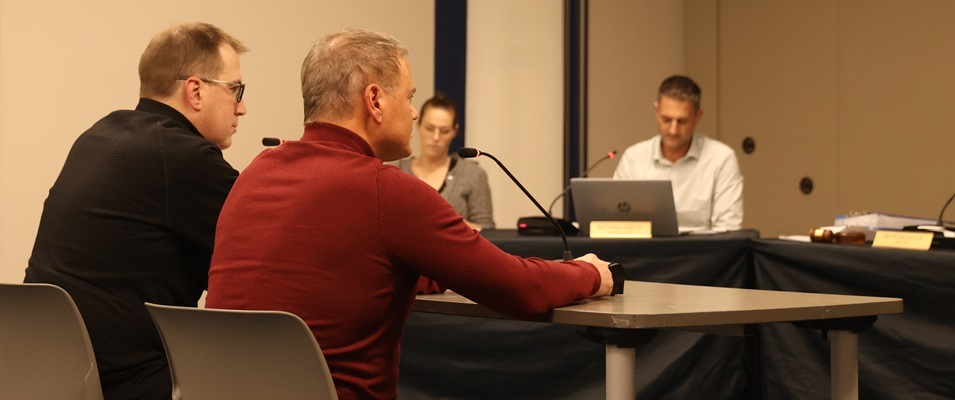
Parents across Manitoba are being encouraged to consider after-school remote learning options which are now available to help strengthen students’ in-school learning.
The winter remote learning program, introduced by the Manitoba Remote Learning Support Centre (MRLSC), will run from January 30 to March 9. Sessions will take place four days per week at two different times.
Three programs are being offered this session, including language development, numeracy and literacy, and social/emotional learning.
Registration for the programs will run from January 9–20 and there is no cost to enroll.
In partnership with Manitoba Education, MRLSC is an initiative of the provincial government intended to assist school leaders, teachers, students, and families with remote learning strategies.
The MRLSC’s comprehensive online portal provides a province-wide repository of on-demand English and French learning resources, built by Manitoba teachers for teachers.
Professional learning supports are also available for teachers in both languages with a focus on tried and tested practices for the implementation of remote learning and strategies for supporting students with low to no access to technology.
But after-school remote learning is only one aspect of interest to MRLSC. The centre also provides a full curriculum and teaching staff for children from Grades One to Eight who choose to learn from home due to COVID-19.
Students who qualify for this program must be immunocompromised or reside with a family member with a compromised immune system. Online learners are expected to be available every weekday for a combination of real-time instruction and independent work.
An extensive list of parent and caregiver resources are supplied, which gives them opportunity to review their child’s curriculum and attain the necessary skills to enhance their child’s remote learning experience. Other resources address ways for them to support the student’s optimal mental health and overall well-being.
“Student learning and well-being are enhanced when students feel like they belong to a community in which everyone is valued, accepted, and supported,” says the centre’s website of the program’s number one guiding principle.
This, they believe, can be achieved in part by building on positive teacher-student relationships, which can be critical to a student’s success. Under this premise, young students are more likely to seek help and expose their learning struggles, giving the teacher a deeper understanding of the child’s needs.
As well, assignments can be designed to facilitate discussions between students in the online classroom, furthering relationship building.
“Together, educators can intentionally design a preferable future,” the MRLSC website states. “Teachers can collaborate… and school leaders can support teachers by learning alongside them and working together to find ways to implement evidence-based strategies for online learning and teaching. The collective belief that everyone in Manitoba school divisions has the capability to effect positive change will help in shaping and realizing a preferable future.”



















